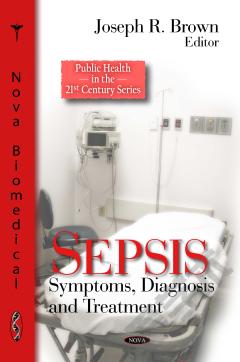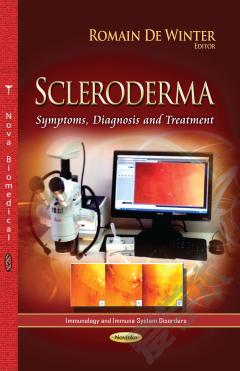Ascites: Aetiology, Symptoms and Treatment
Ascites can result from malignant and non-malignant diseases. The most common cause of non-malignant ascites is related to hepatic cirrhosis. Malignant ascites is associated with a variety of primary tumors and account for 10% of all causes of ascites. This book provides research on the aetiology, symptoms and treatment of ascites. Chapter One summarizes the immune response mechanisms involved in the pathogenesis of human liver cirrhosis at the cellular and molecular levels. Chapter Two summarizes the new findings about the immune response mechanisms and the consequent inflammatory status involved in the pathogenesis of human liver cirrhosis, related with the aetiology, at the cellular and molecular levels. Chapter Three addresses the mechanism of malignant ascites production and covers all clinical aspects of tunneled catheters and tunneled ports including indication, contraindication, device design, technical procedure considerations and, complication. Chapter Four reports information about the management of malignant ascites in ovarian cancer and discusses the involvement of malignant ascites in dissemination, angiogenesis, migration, invasion and apoptosis of ovarian cancer cells.
{{comment.content}}








 京公网安备 11010802027623号
京公网安备 11010802027623号